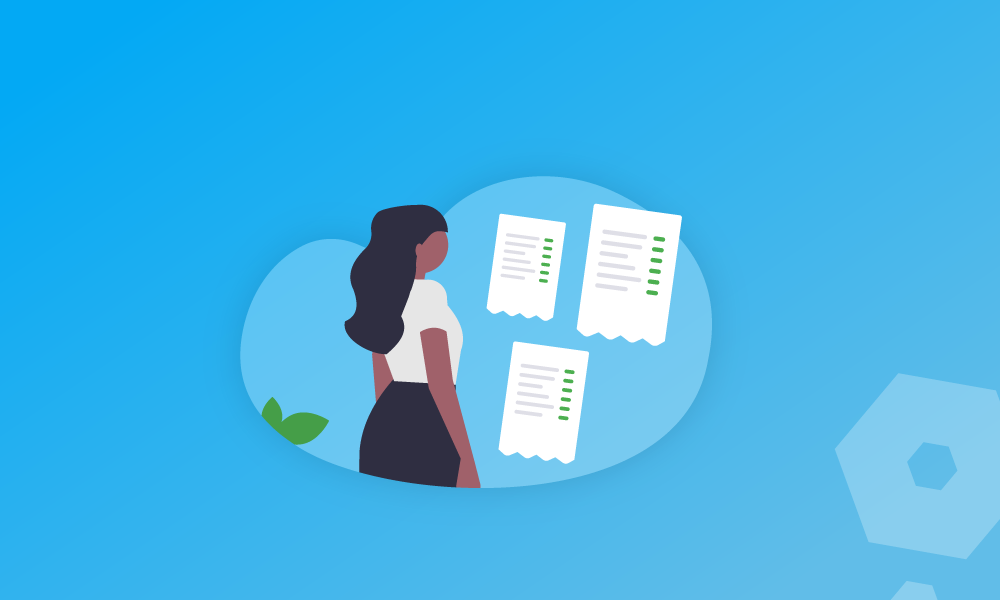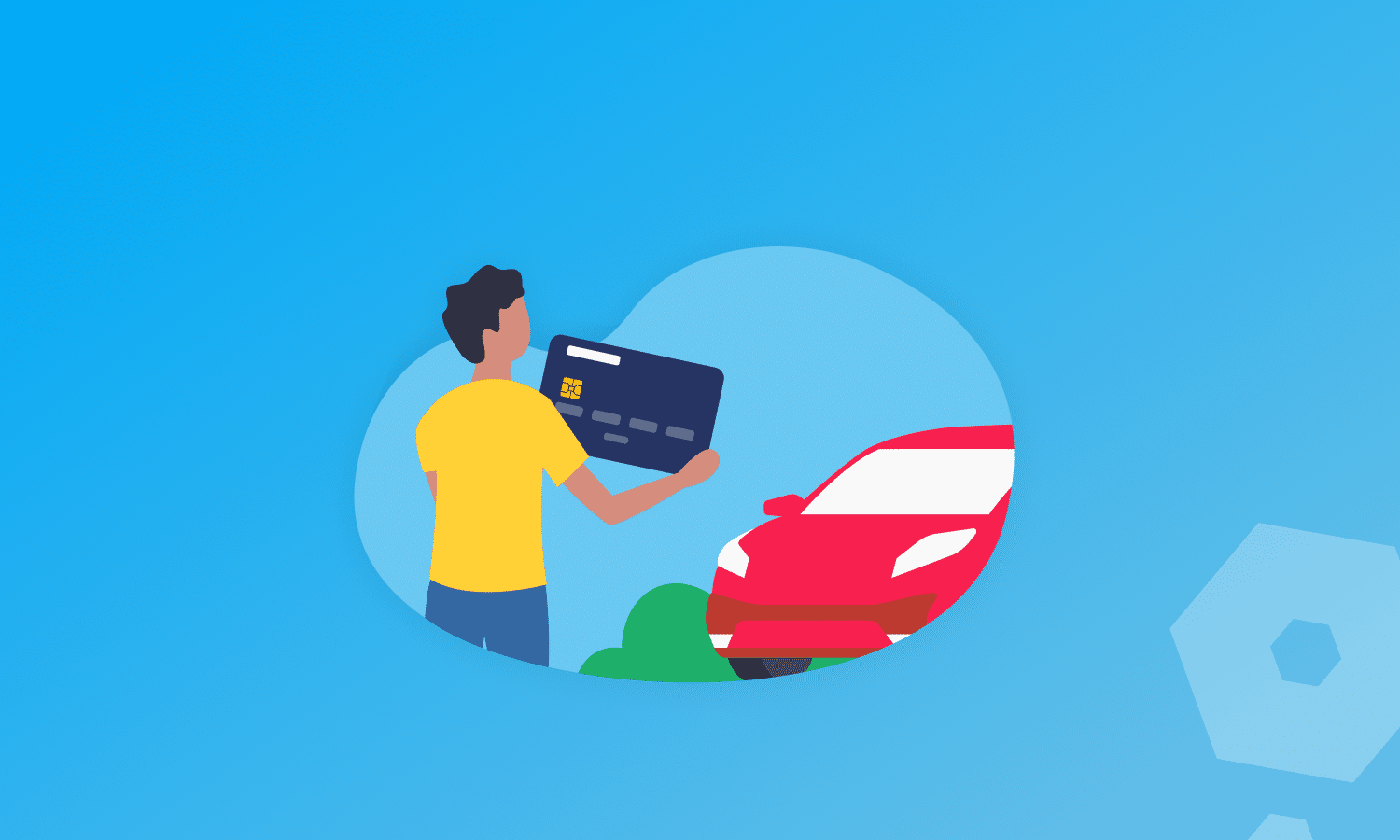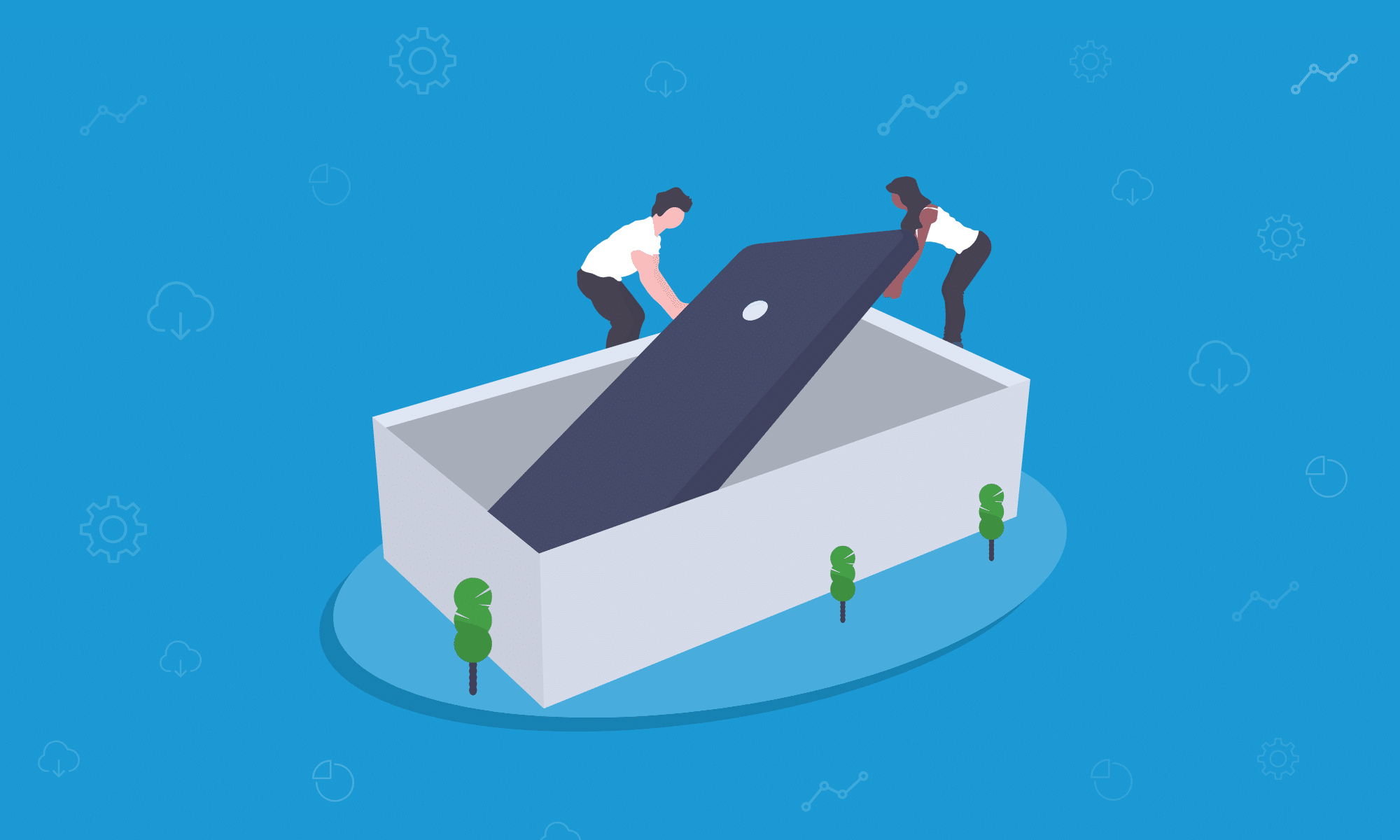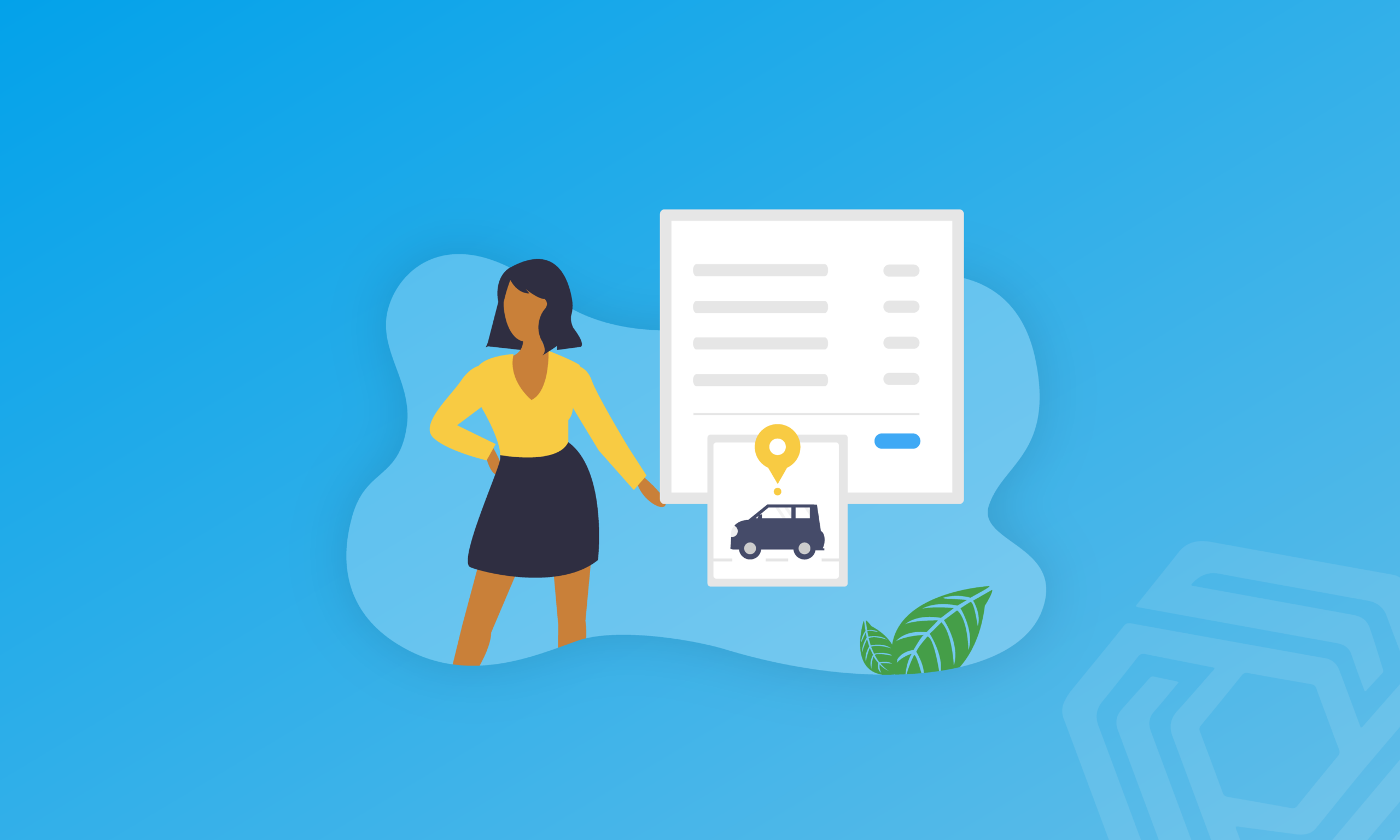Knowing what you can and can’t claim as a business expense is one thing, but how do you even record all the ins and outs? Fortunately, keeping good accounting records is something we know loads about, so we can probably chip in with some answers here.
Accounting
Reduce errors and spend less time on bookkeeping









